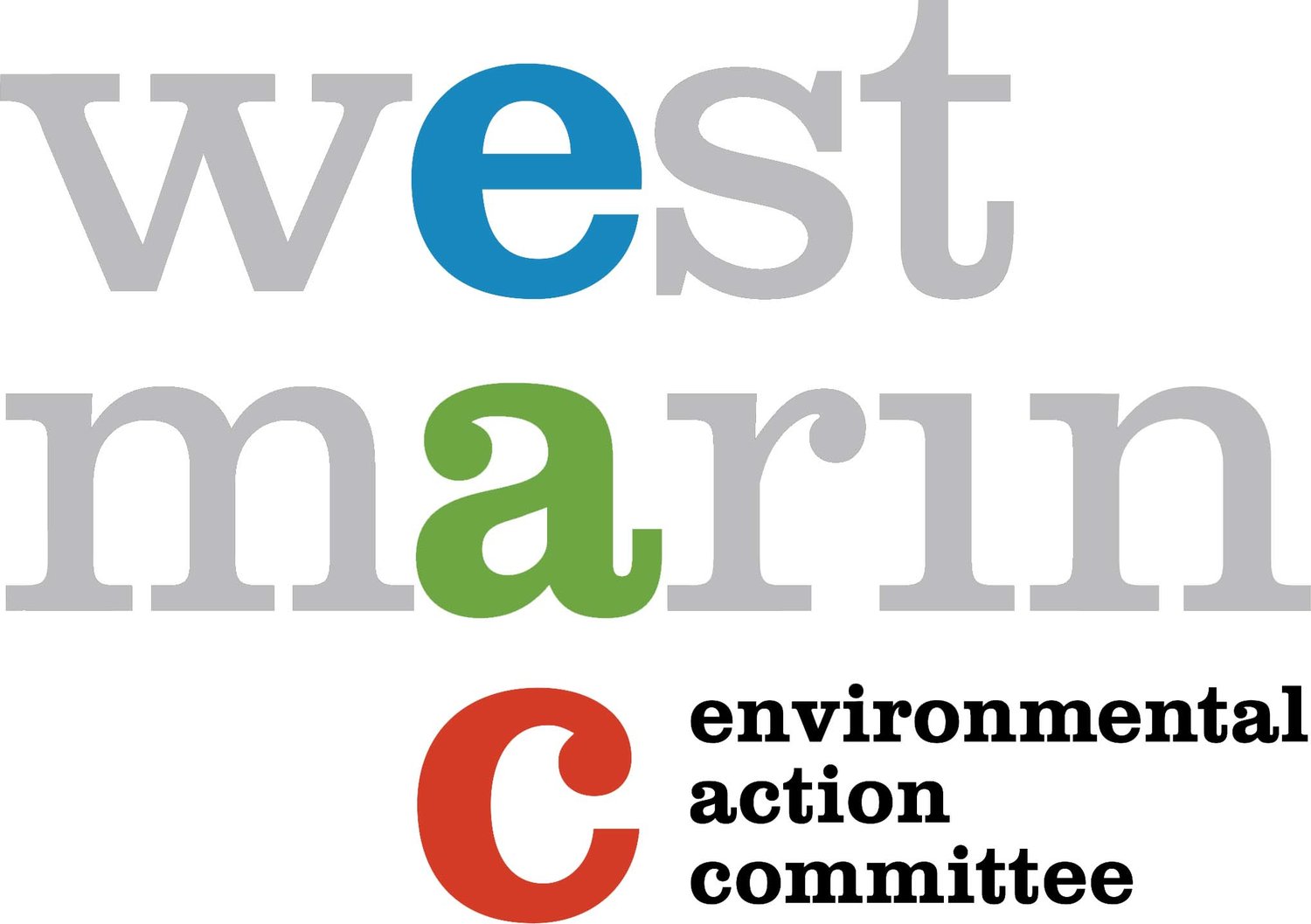We are facing a climate emergency, and the ocean is a powerful source of solutions that have the potential to provide a fifth of the greenhouse gas emission reductions needed globally to limit temperature rise to 1.5°C. Kelp forests and our coastal environments are being hit hard by climate change and other habitat loss impacts and need protection to help combat the climate crisis and drawdown greenhouse gas emissions.
Blue (aquatic) carbon is a very valuable resource to sequester carbon found in salt marshes, eelgrass beds, and tidal wetlands. Restoring blue carbon ecosystems could remove about 0.5% of current global emissions, with co-benefits for local ecosystems and livelihoods. Earlier this month, Oregon released a new Climate Plan that is the first in the United States to account for the blue carbon benefits of coastal habitats.
Due to the urgency of the climate crisis, a lot of exciting things are happening for our coasts and oceans at both the state and federal levels including efforts to conserve 30% of the land and water by 2030 (30x30) and important federal legislation like the Ocean Climate Solutions Act, the Keeping Ecosystems Living and Productive (KELP) Act, and the Blue Carbon Protection Act.
The federal 30x30 efforts which include coastal resource protection are being called the Make America Beautiful Initiative. Learn more about the recent working group launch event. Want to learn more about the federal efforts? On August 26th and September 13th, NOAA will be hosting opportunities for the public to learn about, and provide input on the initiative. Check out our Take Action section for how to become involved in the state efforts.
You can count on EAC to advocate for nature-based solutions, the protection of blue carbon, and our invaluable coastal resources by collaborating with other NGOs including as part of the California Blue Carbon Collaborative and the Wetlands Restoration Principles coalition and by providing local, state, and federal support for these priceless and threatened habitats. Locally, we are engaged in climate adaptation as part of the Coastal Communities Working Group, organized by the County of Marin.
Learn More:
EAC’s climate page
EAC’s climate blog
State 30x30 efforts (California Nature) including submit comments by 9/3/2021



